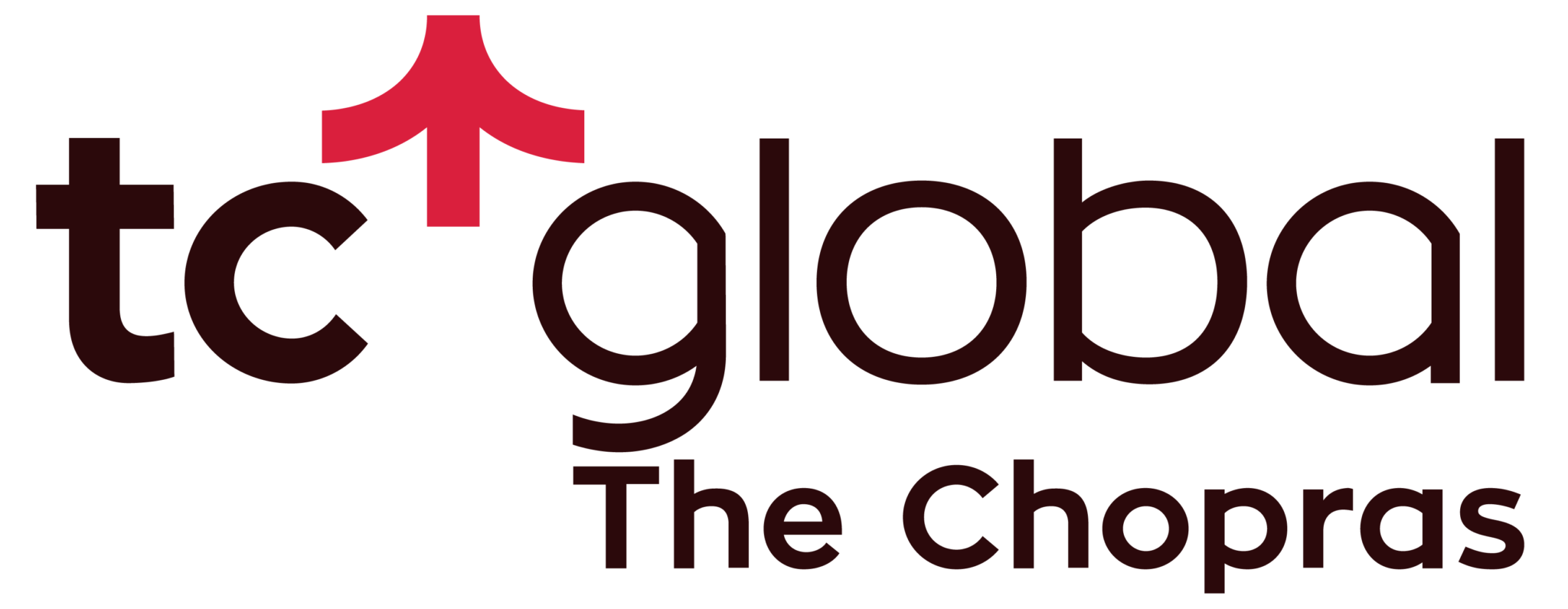The Political Environment of Germany
Germany is a Federal democracy, with an independent judiciary, strong political parties, and powerful regional and local governments. The Chancellor is the head of the government and is elected by an absolute majority in the Federal Assembly for a four-year term. The Chancellor holds executive power, which includes implementing the law and managing the day-to-day business of the country. The ninth and current chancellor of Germany is Olaf Scholz, who was elected in 2021. The president of Germany is the head of the state and the role of the German president is mostly representative and ceremonial. The President is elected for a five-year term by the Federal Convention. The legislative power is bicameral in Germany. The parliament consists of two chambers: the Bundestag (the lower house), currently 736 seats, whose members are elected by universal suffrage combining proportional and direct representation, for a four-year term. The courts of Germany are independent of the government and lawmakers. Senior judges are appointed by the Bundestag for a fixed term.






